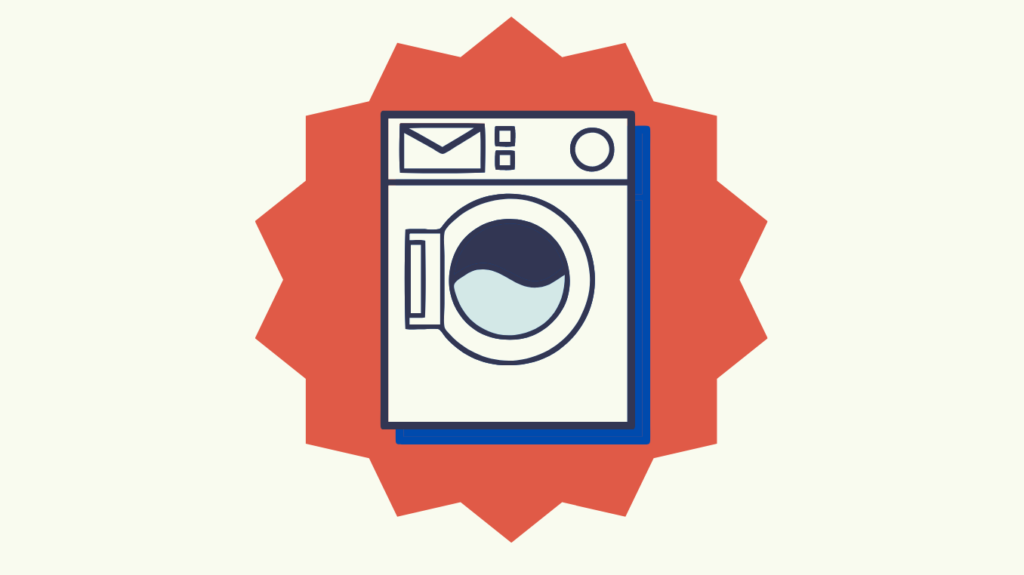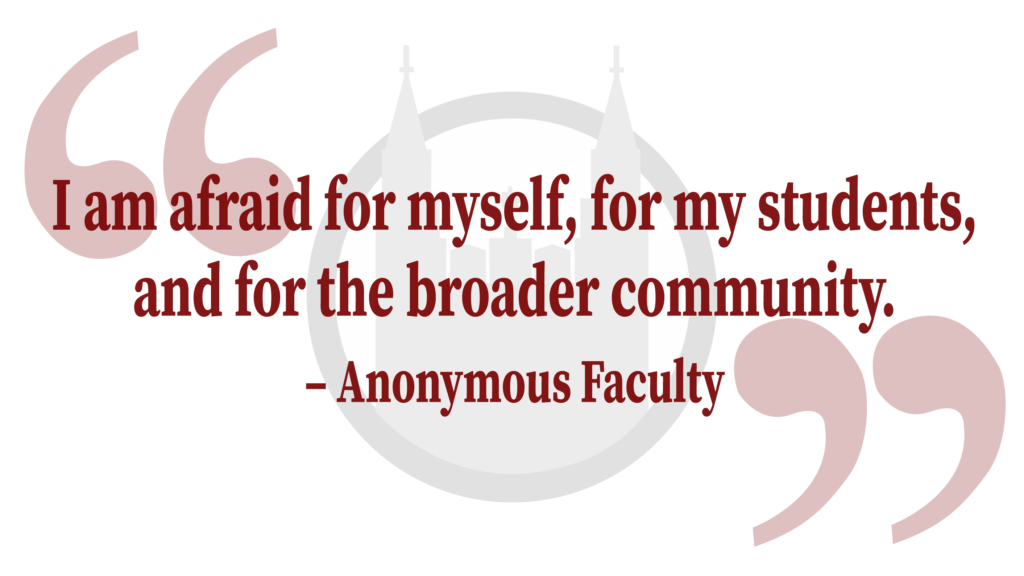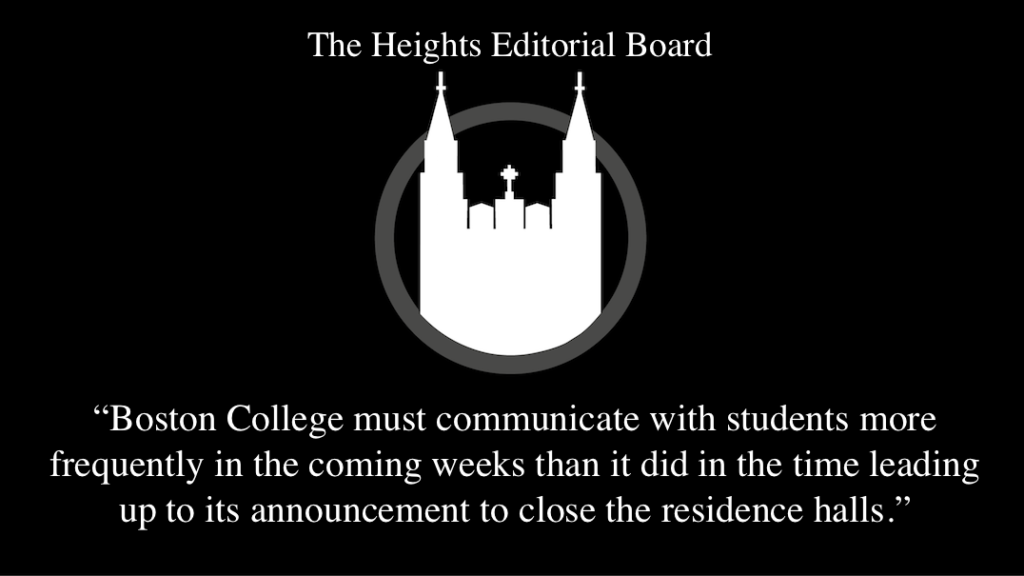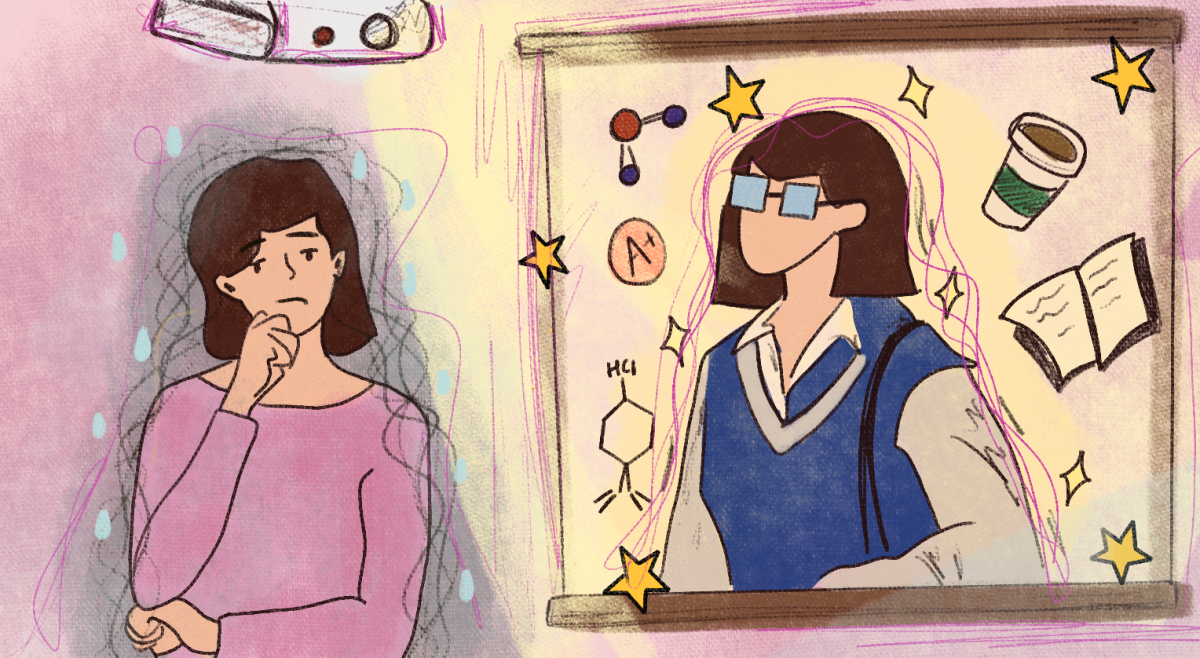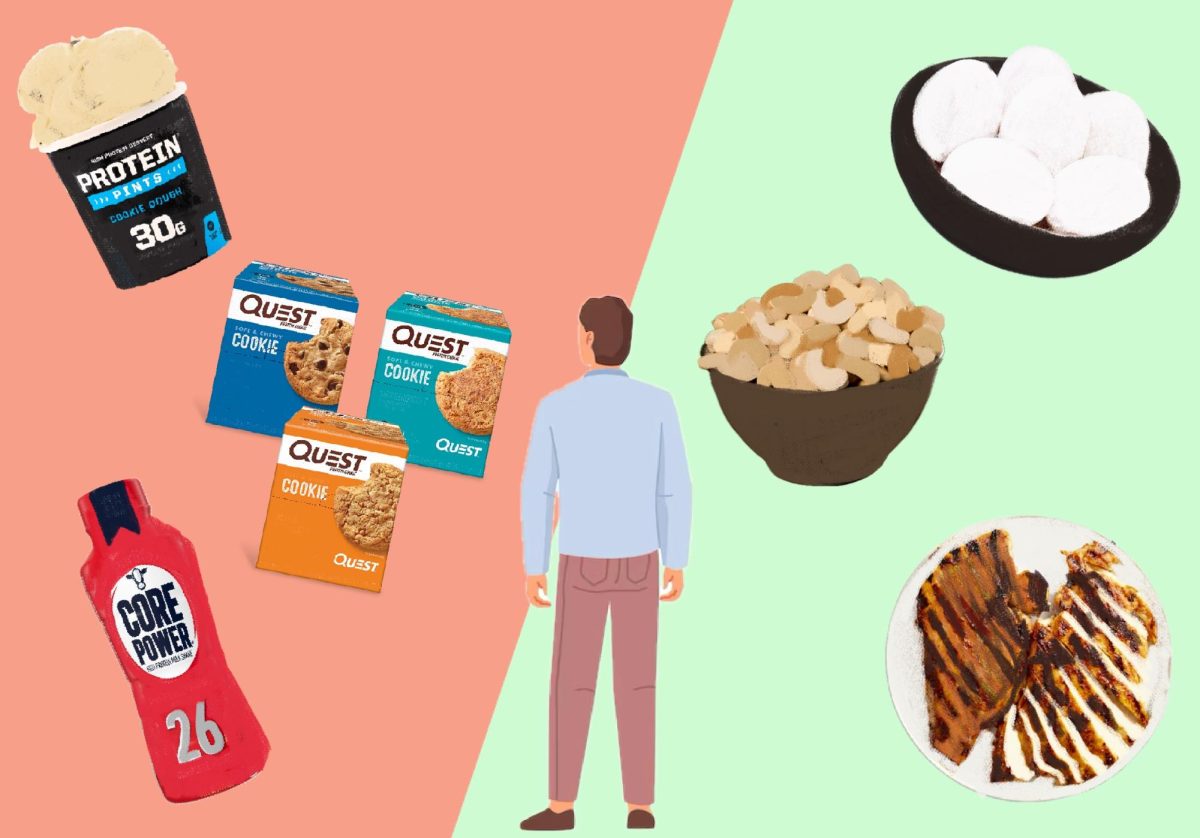The 7-Eleven in Andrew Square is an interesting little ecosystem. It seems to be the only place worth gathering on the busy intersection of two roads that people use to pass through this area of Southie rather than travel to it. After I cross the street coming from the Andrew T station and through the crack-filled parking lot, I enter the old chain for a Snickers bar. Instantly I’m met by the smells of microwaved hot dogs and lingering second-hand smoke. The place is packed to the brim with a random assortment of gas station delicacies, and it seems like a Tasmanian devil may have taken a few passes through. The most fascinating aspect of this place, however, isn’t any of these small idiosyncrasies: It resides with the dozens of patrons occupying the high top tables, eyes moving from their red slips of paper to the screen above displaying four rows of mesmerizing numbers.
I always assumed it was some sort of lottery game, but I wasn’t sure. There was an amalgam of people packed into the corner of the 7-Eleven on the day I stopped to watch for a moment: One man was dressed business casual with Ray Bans, the latino man across from him donned a few face tattoos, the scraggly, wiry man to his right had a dirty tattered sweatshirt, and a woman next to him looked like she just dropped her kids off at soccer practice. There was one spot left at the table, and I looked at the clock. It was 11:45 a.m.—I still had 15 minutes until I had to be at PULSE, so I took a seat. The Snickers could wait.
I watched for a moment as a new set of numbers popped up on the screen, after which a collective grunt let out—no winners, it seemed. I turned to the soccer mom and asked, ignorantly, how to play the game. She looked at me puzzled for a moment, but answered, “It’s KENO. Twenty numbers pop up on that screen every four minutes, then you compare them to yours. Slips are here, fill it out, give it to the cashier.” She was surprisingly blunt and business-like, immediately focusing back on the screen.
To give you a better understanding if you’re foreign to the game—like I was—it’s an automated game run by the Mass State Lottery where 20 numbers from a field of 1-80 are drawn every four minutes. The player fills out a form, and can bet $1, $2, $5, $10, or $20 on each game, and can play up to thirty games in a row before submitting another slip. You can pick how many numbers you’re aiming to “hit” from 1-12—the higher the number, the lower the odds. Twelve hits gives you 1-in-500 million odds, but a shot at $2 million.
I decided to bet $2 on one game, and submitted my slip just in time. I shuffled over to get a look at the screen, scanning vigorously over the white numbers that popped with the sky blue canvas. My heart started to jump a little—I needed 4 hits for $100. I got one, which earned me a whopping zero bucks. “Damn,” I thought with a smirk. It was fun, but it was also time for me to go. Before I left, I saw the faces of everyone else: there were no smirks—they were already ready for the next game. I checked the clock once again, hoping I wouldn’t have to speed walk, but I had time—it was only 11:52. 11:52, in the morning, it dawned on me, on a Friday, and all these people were glued to the screen.
It’s no secret the lottery and many forms of gambling are extremely addictive, but this one in particular seems to magnify the issue. There are scratch ticket frequenters at every local gas station, constantly scratching away with their dull quarter. But, that is at least limited by the manual action of the process. With KENO, the rapid fire, automated nature could cause someone to lose $600 in two hours. In Massachusetts, while overall lottery sales dipped last year, KENO sales increased even further, helping profits for the state increase to an astounding $1 billion.
Even though there was one wealthier looking man playing, the majority I saw bore a greater resemblance to the man whose sweatshirt hung on his thin frame. The poor are more desperate both economically and psychologically. According to a study conducted at Carnegie Mellon University, which analyzed the correlation of feeling poor and buying a lottery ticket, those that felt poor were twice as likely to buy lottery tickets. With the growing gentrification in Southie, the proximity to the financial district, and slowing wage growth, the local 7-Eleven may need to add more stools.
Gambling and betting games have proved to be extremely dangerous, yet they’re actively championed by states instead of condemned. The main argument against this point—which is justified—is that this is just a negative externality of an otherwise great program that leads to the funding of other programs, like educational ones. But, in most states, much of this revenue doesn’t go back to the state but is filtered back into the system as prize money, further incentivizing addicts to sneak back into their local convenience stores. In Massachusetts in particular, about 20 percent of profits go back to the Commonwealth in local aid, which is helpful. But aren’t there other ways of raising funds without counterproductively hurting those in the present that you’re trying to protect in the future?
These Bostonians serve to benefit the state’s bottom line, but the state does nothing for them except provide false hope. Not all the profit is from those addicted to the game, of course, but the lottery system is still a detriment to those who play it, which, in my opinion, outweighs the supposed benefits.
On the way back from my placement four hours after my trial run at KENO, I walked back into the 7-Eleven to grab a snack for the T. When I was at the register, I looked back over at those blue, buzzing screens. I’m not sure if she had left and come back, or stayed for some other reason, but there she was. The woman I had talked to earlier, eagerly looking for the numbers that might be her illusory ticket out.
Featured Graphic by Nicole Chan / Graphics Editor








